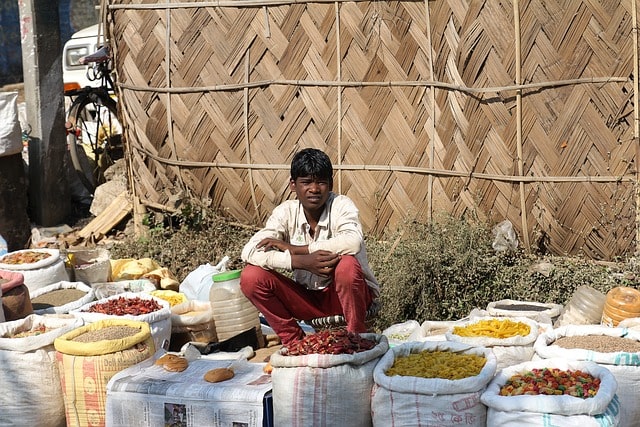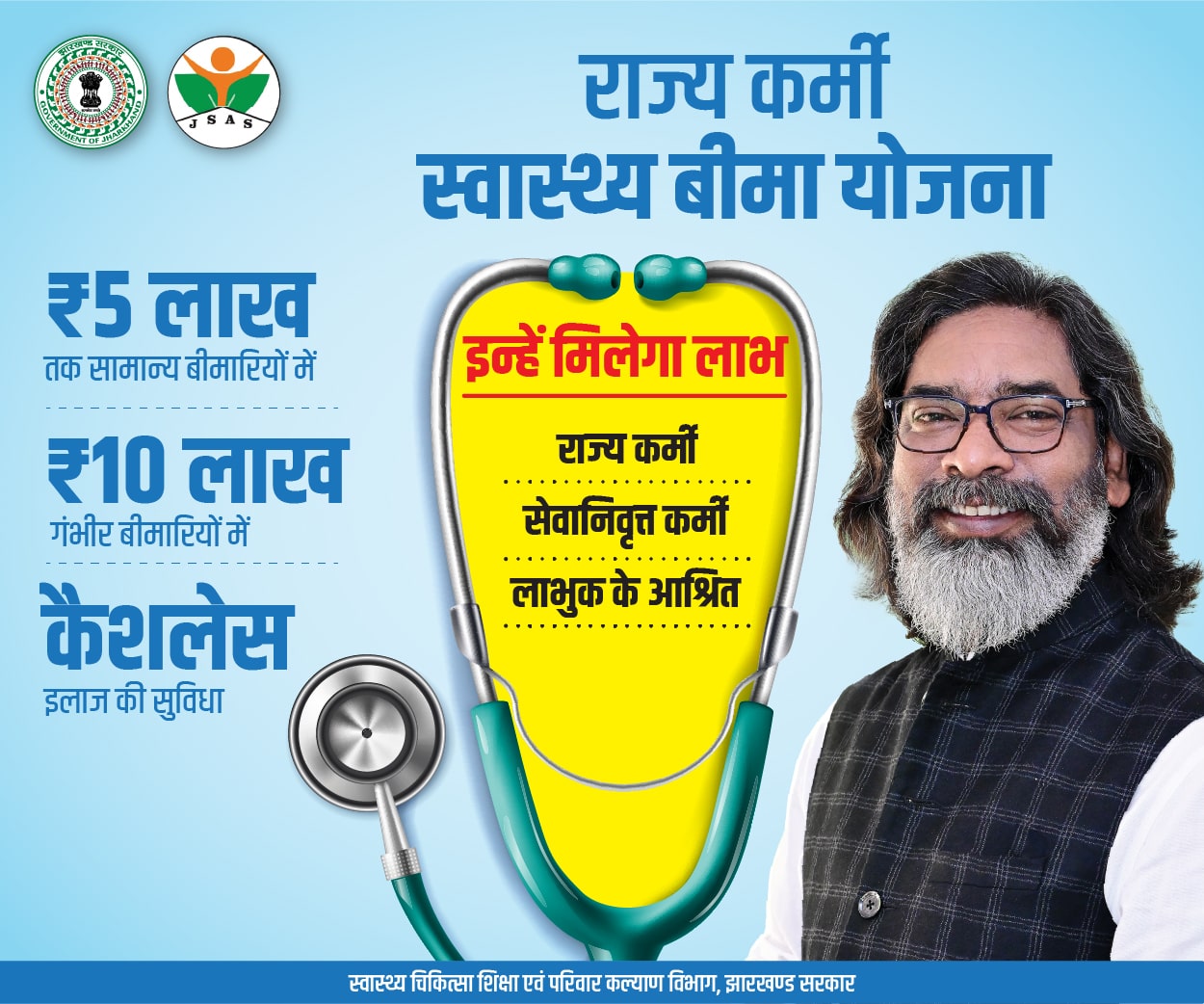
Ahead of the general elections ( Lok Sabha polls) in the coming year 2024, the BJP government led by PM Narendra Modi seems to be vigilant about the Opposition Congress campaign theme- Mahangai( Price Rise).
During the past years, all opposition parties including Congress have been blaming the Modi government for the price rise of essential commodities. Aware of their stand, the Modi government seems to be struggling to contain it.
As the festival season has started with Navratri and Durga Puja, the Secretary, Department of Food and Public Distribution, Sanjeev Chopra while addressing media persons in New Delhi on Thursday said that prices of essential food commodities will remain stable in the festival season.
Sri Chopra said the government has taken a series of steps for price stabilisation. Consider this.
Sugar Sector
To ensure sufficient availability of sugar for domestic consumers at reasonable price throughout the year, Government of India has continued ‘restriction’ of sugar exports till further orders. This would also ensure healthy stocks of sugar in the country and maintenance of consistency in India’s efforts towards greener fuel under Ethanol Blended with Petrol (EBP) Programme.
DGFT vide its notification No. 36/2023 dated 18 Oct 2023, Government of India has extended the date of restrictions on export of Sugar (Raw Sugar, White Sugar, Refined Sugar and Organic sugar) under HS Codes 1701 14 90 and 17019990 beyond 31st October, 2023 till further orders.
With this policy, Government has again showed its commitment towards prioritising interest of 140 crore domestic consumers with ensuring no constraints in sugar availability to them. It is noteworthy that despite international sugar prices being at 12 years high, sugar in India is among the cheapest in the world and there is only nominal increase in retail sugar prices in the country, which is in tune with increase in FRP of sugarcane for farmers. In last 10 years, average inflation in retail sugar prices has been about 2% per annum.
In addition, Government is monitoring the monthly dispatches of sugar mills to ensure sufficient availability of sugar in the domestic market. Further, all the Traders/Wholesaler, Retailer, Big Chain Retailer, Processors of Sugar have been directed to disclose their sugar stocks position on the portal enabling government to monitor sugar stock across country. These measures are intended to ensure better monitoring of sugar sector and facilitate sufficient supply of sugar in the market.
The Government of India remains committed to maintaining a balanced and fair sugar market by preventing hoarding and speculation. These efforts are aimed at ensuring that sugar remains affordable for all consumers across the country. The government's proactive measures underscore its dedication to promoting a stable and equitable sugar market environment.
This sugar export policy would also ensure consistency towards production of ethanol from sugar based feedstocks. In ESY 2022-23, India has diverted about 43 LMT of sugar towards ethanol, which is expected to generate revenue of about ₹ 24,000 crores to sugar based distilleries. This revenue has helped sugar industry in clearing cane dues of farmers in time and making sugar sector self-sufficient.
Appropriate Government policies on sugarcane and sugar have ensured that sugar mills have made payment of about ₹ 1.09 lakh crores and thus, cleared more than 95% of cane dues of Sugar Season 2022-23 while 99.9% of cane dues of earlier seasons have been cleared. Thus, cane dues are at all-time low level and efforts are being made to clear the balance dues also at the earliest.
Rice Sector
The Government, in order to check the domestic prices and to ensure domestic food security, has taken several pre-emptive measures to restrict export of rice from India. The export of broken rice was prohibited and an export duty of 20% was imposed on non-basmati white rice on 9th September 2022. Subsequently, export of non-basmati white rice was also prohibited on 20th July 2023.
In FY 2022-23, India exported 17.8 million tonnes of non-basmati rice and 4.6 million tonnes of basmati rice. Out of the non-basmati rice exports, around 7.8-8 million tonnes was parboiled rice. W.e.f. 25th August 2023, export duty of 20% has been imposed on export of parboiled rice. The duty was initially imposed till October 15, 2023 which has now been extended to 31st March 2024. The purpose of extending the duty regime on parboiled rice is to keep a check on price rise of this crucial staple and maintain adequate availability in the domestic market. This measure taken by the Government in August of this year has seemed to have the intended effect, as there has been a decline of 65.50% in quantity terms and 56.29% in value terms in the case of Parboiled rice. Further, Custom authorities have been given directions for stricter essential checks so that no other variety of rice can be exported in the guise of parboiled rice.
In spite of prohibition on Non-Basmati White Rice, India has decided to relax restrictions on the export of specific quantities of non-basmati white rice to specific countries. The countries eligible for these rice exports include Nepal (95,000 MT), Cameroon (1,90,000 MT), Malaysia (1,70,000 MT), Philippines (2,95,000 MT), Seychelles (800 MT), Core d’Ivore (1,42,000 MT), and the Republic of Guinea (1,42,000 MT), UAE (75,000 MT), Bhutan (79,000 MT), Singapore (50,000 MT) and Mauritius (14,000 MT).


